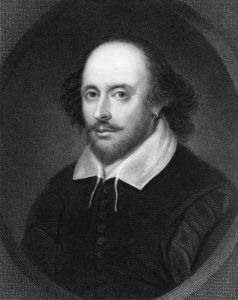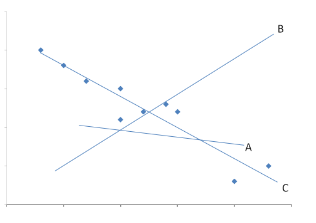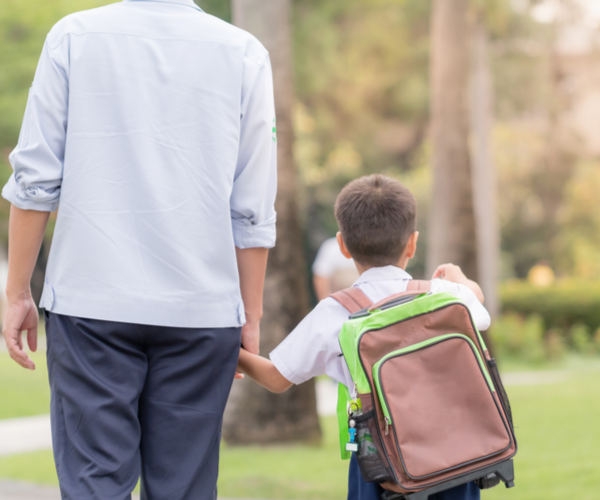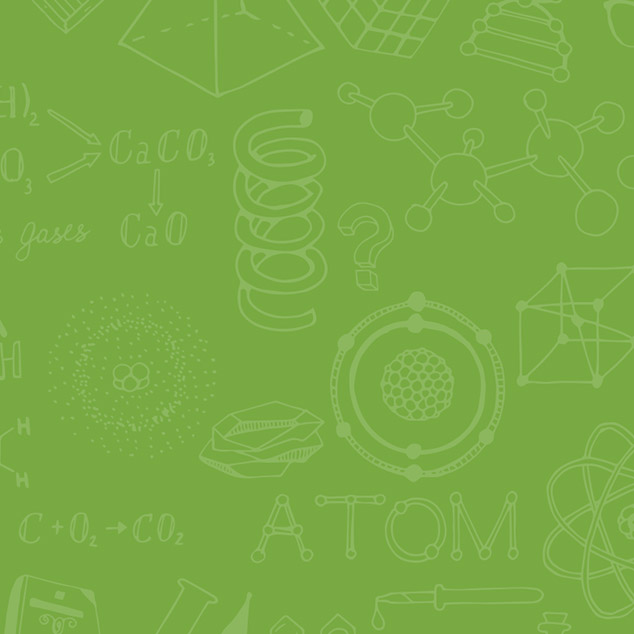In our latest blog series - 'Year Overview' - we help you get familiar with all the key topics your child will learn and the key skills they'll improve in primary and secondary school. Here's a brief overview of Year 7 in English, maths and science with focus areas and main topics.
* Year 7 Overview *
English - Years 7-9
Ms Brown - English teacher
 Throughout Key Stage 3 the children will continue to develop an appreciation and love of reading. They'll become critical readers and will read increasingly challenging material covering: whole books, short stories, plays, and poems. The children will read high quality works from English Literature, both contemporary and pre-1914. Over the three years they should cover two plays by Shakespeare, a wide range of other genres and a range of seminal world literature. They should cover at least two authors in depth each year and will be encouraged to choose their own books independently.
Throughout Key Stage 3 the children will continue to develop an appreciation and love of reading. They'll become critical readers and will read increasingly challenging material covering: whole books, short stories, plays, and poems. The children will read high quality works from English Literature, both contemporary and pre-1914. Over the three years they should cover two plays by Shakespeare, a wide range of other genres and a range of seminal world literature. They should cover at least two authors in depth each year and will be encouraged to choose their own books independently.
Children will now be writing accurately, fluently, effectively and at length. They'll write both for pleasure and information and will write for a wide range of audiences and purposes such as: stories, scripts, imaginative writing, poetry, essays, notes, speeches, arguments and letters. Their reading will now be directly impacting on their writing and they should be able to use a range of literary and rhetorical devices in their own writing. They should be able plan, draft, edit and proof-read their own writing, paying close attention to accurate grammar, punctuation and spelling, and considering whether their writing suits the audience and purpose it was intended for.
The children will build on and consolidate their grammar and vocabulary from Key Stage 2 but will also draw on new vocabulary and grammatical constructions from their own reading. They'll confidently use Standard English and will be able to distinguish between and use both informal and formal registers in both speech and their writing. They'll become confident speakers and will be given opportunities to give short speeches and presentations, participate in debates and perform plays and poetry. By the end of Year 9 the children are fully prepared to tackle the GCSE examination courses in English and English Literature.
Maths
Mr Lamberth - Maths teacher
The move into secondary school comes with a renewed expectation of mathematical fluency. Children need to make smart decisions with the 4 operations, to interchange terminating (non-recurring) decimals with percentages and fractions and to interpret bar graphs with ease. We really build from this base, and it needs to be solid! Algebraic notations are introduced and children need to be able to rearrange simple formulae as required and substitute values into them.
 They broaden their understanding of graphs by drawing and interpreting linear and quadratic graphs alongside starting to plot two variables against each other in scatter graphs. In Year 7 we see probability introduced alongside Venn diagrams and children get the chance to be like a Greek and construct a variety of shapes using just a compass and a ruler. The Greek theme continues with the appearance of Pi and work on Pythagoras’ Theorem for right-angled triangles. With their new found knowledge of percentage increases and decreases, your children will be able to tell you that Year 7 is at least 30% harder than year 6!
They broaden their understanding of graphs by drawing and interpreting linear and quadratic graphs alongside starting to plot two variables against each other in scatter graphs. In Year 7 we see probability introduced alongside Venn diagrams and children get the chance to be like a Greek and construct a variety of shapes using just a compass and a ruler. The Greek theme continues with the appearance of Pi and work on Pythagoras’ Theorem for right-angled triangles. With their new found knowledge of percentage increases and decreases, your children will be able to tell you that Year 7 is at least 30% harder than year 6!
Science - Years 7-9
Ms Latham - Science teacher
[gallery ids="3611,3616,3619"]
Science is taught in specialist labs and split into three clear disciplines; chemistry, biology and physics. The curriculum for KS3 covers Years 7-9 and it is for individual schools to decide how and when they teach each topic, however, all students will be taught that science is about working objectively, modifying explanations to take account of new evidence and ideas and subjecting results to peer review. They’ll develop a deeper understanding of factors to be taken into account when collecting, recording and processing data and learn to evaluate their results, identifying further questions. An example of a Year 7 syllabus could be;
Introduction to Science & Scientists.
- Diet & Health: How & why we should look after our bodies. Essential nutrients,
anatomy of digestion, enzymes & chemical digestion. - What are the substances that we see and how do we interrelate with them? Atomic structure & basic bonding, particle model, behaviour of matter, making salts & separating solutions.
- Exploration of the wider universe: The solar system, the big bang, life cycle of a star, space exploration, rocket science.
- The environment and the world around us: Environmental chemistry, habitats, extinction, rocks & weathering.
- Electricity & Magnetism: Circuits, symbols, current, voltage resistance, magnetism, electromagnetism.



.png)






